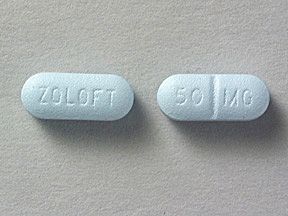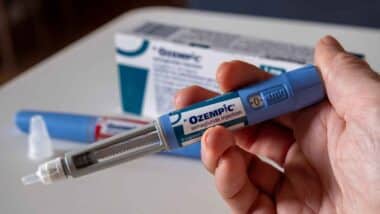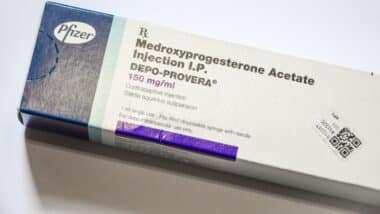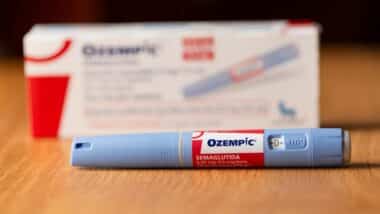 Zoloft is considered to be one of the most successful selective serotonin reuptake inhibitor — also known and referred to as SSRI — on the market. However, there have been several allegations surrounding Zoloft, some going so far as to say that the medicine is ineffective as a treatment for depression. If this is true, what does it mean as far as the impact that Zoloft has on an unborn fetus? Concern over the ineffectiveness of Zoloft on depression only sparks more concern when Zoloft birth defects are noted.
Zoloft is considered to be one of the most successful selective serotonin reuptake inhibitor — also known and referred to as SSRI — on the market. However, there have been several allegations surrounding Zoloft, some going so far as to say that the medicine is ineffective as a treatment for depression. If this is true, what does it mean as far as the impact that Zoloft has on an unborn fetus? Concern over the ineffectiveness of Zoloft on depression only sparks more concern when Zoloft birth defects are noted.
Zoloft Lawsuit Says Pfizer Minimized Failed Trials
One of the allegations connected to Zoloft is the claim that Pfizer allegedly went out of its way to minimize failed trials on its effect on depression. According to a consumer-fraud class action lawsuit recently filed, Zoloft is not much more effective than a sugar pill. The class action lawsuit claims Pfizer took great effort to expand on positive outcomes while ignoring the negatives, all in an effort to increase the marketing capability of Zoloft, and thus, the profitability.
Plaintiff Outlines Zoloft Failure in 50-Page Complaint
Laura Plumlee has filed a 50-page complaint that states she was prescribed Zoloft for her depression symptoms in 2005. After noticing that Zoloft failed to relieve her depression symptoms, doctors repeatedly increased her dosage, with little to no effect. This increase in dosage would have also increased the risk for Zoloft birth defects if she had become pregnant during that time.
During early testing, the U.S. Food and Drug Administration (FDA) showed similar concerns over studies that revealed marginal results from Zoloft depression treatment. In some cases the placebo proved to be more effective than Zoloft itself. Despite this discrepancy, the FDA went ahead and approved Zoloft for use in the treatment of depression in 1991.
Zoloft Birth Defect Claims Minimized by Pfizer
Since Zoloft is a profitable drug for Pfizer, it comes as no surprise that they would seek to minimize the fact that Zoloft, an SSRI, has been linked to birth defects when taken during pregnancy.
One of the most common Zoloft birth defects claimed by users is Persistent Pulmonary Hypertension of the Newborn (PPHN). With over 300 Zoloft birth defect lawsuits awaiting trial, Pfizer should take the claims seriously.
The first Zoloft birth defect lawsuit is awaiting trial and is scheduled to be heard in September of 2014. With more than a year until the trials start, it is anybody’s guess how many more birth defect lawsuits will be filed in the meantime.
Zoloft Birth Defects Can Be Serious
Birth defects can inhibit the quality of a newborn’s life and put a damper on a family’s celebration. If you have given birth to a child with birth defects due to SSRI use while pregnant, you may be eligible to file a Zoloft lawsuit or class action lawsuit. For more information on SSRI birth defects, visit our Zoloft, Paxil, Celexa, Lexapro & Prozac SSRI Antidepressant Birth Defect Class Action Lawsuit Investigation page. Here you can also send your confidential information to attorneys who are actively involved in the investigation.
All medical device, dangerous drug and medical class action and lawsuit news updates are listed in the Drug and Medical Device section of Top Class Actions.
Top Class Actions Legal Statement














